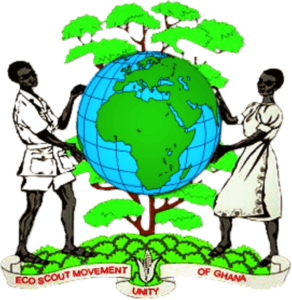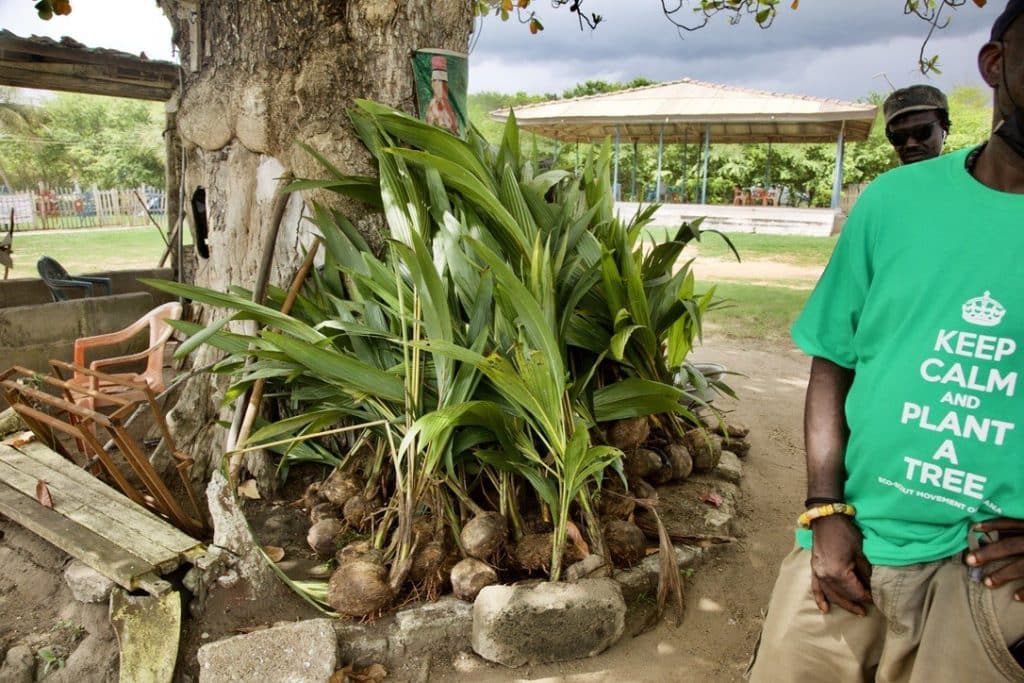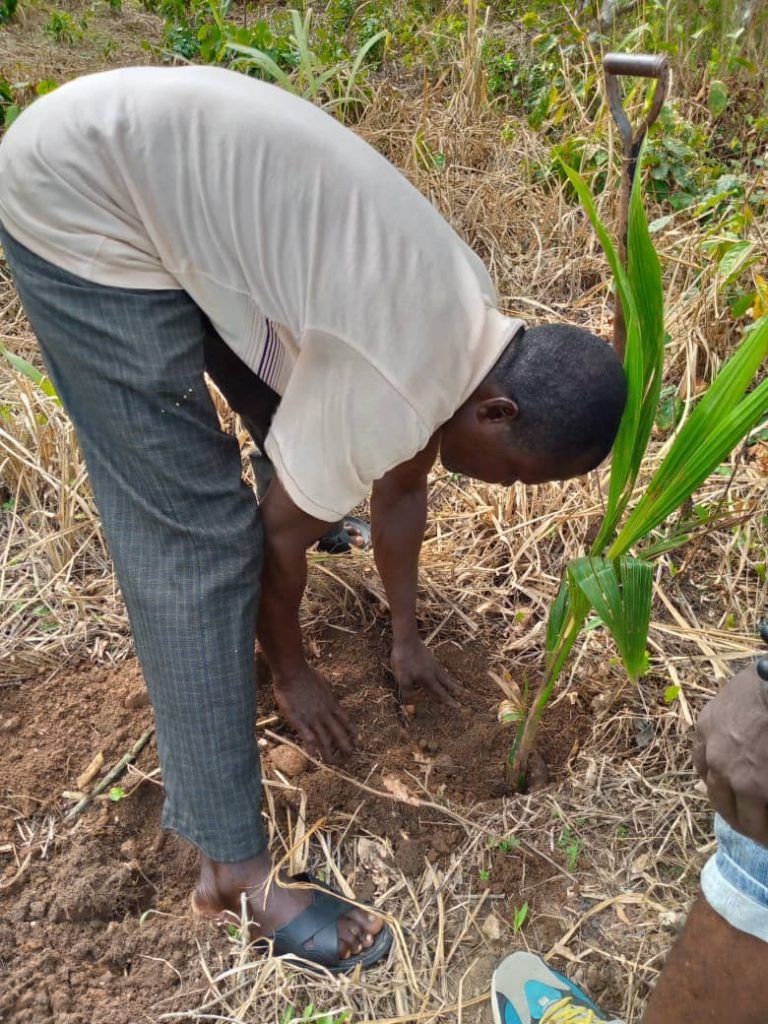Welcome to the world of coconut farming in Ghana, where you can witness endless stretches of lush green trees swaying gracefully in the tropical breeze. Ghana’s ideal climate and fertile soil make it a hub for successful coconut plantations, attracting both local farmers and international investors. In this comprehensive guide, we will uncover the secrets behind the thriving coconut industry in Ghana – from the initial planting stages to the bountiful harvests. You will discover the key factors that contribute to the success of coconut farming, such as soil preparation, irrigation techniques, and pest management strategies. We will delve into the intricate process of nurturing coconut trees, helping you understand the importance of proper pruning, fertilization, and disease prevention.
Benefits of Coconut Farming
Coconut farming in Ghana offers numerous benefits for farmers and investors alike. Apart from providing a sustainable source of income, it also contributes significantly to the local economy and creates employment opportunities. Coconuts are highly versatile, with different parts of the tree serving various purposes, including being consumed fresh, used in cooking, or processed into oil, milk, and other value-added products. Additionally, coconut husks and shells have diverse applications in industries such as textiles, horticulture, and fuel production. With the growing global demand for coconut products, investing in coconut farming in Ghana can be a profitable venture.
Climate and Soil Requirements for Coconut Farming
One of the reasons why coconut farming thrives in Ghana is its favorable climate and soil conditions. Coconuts thrive in tropical regions with temperatures ranging from 20 to 30 degrees Celsius. Ghana’s coastal areas, with their high humidity levels and abundant rainfall, provide the perfect environment for coconut cultivation. In terms of soil, coconuts prefer well-drained sandy or loamy soils with a pH range of 5.0 to 8.0. Conducting a soil test before planting is crucial to ensure optimal growing conditions for the coconut trees.
Planting Coconut Trees
The first step in successful coconut farming is selecting the right variety of coconut trees. There are several varieties to choose from, each with its unique characteristics and suitability for different purposes. Once the variety is chosen, it is time to prepare the land for planting. Clearing the land of any existing vegetation, tilling the soil, and digging pits are essential tasks in land preparation. Planting techniques such as double planting and staggered planting can also be employed to maximize land utilization and productivity.
Coconut Tree Care and Maintenance
After planting, proper care and maintenance of coconut trees are crucial for their growth and productivity. Watering the coconut trees regularly is essential, especially during the dry season. Fertilization is another key aspect of coconut tree care, as it provides the necessary nutrients for healthy growth. Applying organic or chemical fertilizers at the right time and in the right quantities can significantly enhance the productivity of coconut trees.
Pruning and Shaping Coconut Trees
Proper pruning and shaping of coconut trees are essential for their optimal growth and productivity. Pruning involves removing dead or decaying fronds, as well as any suckers that may compete with the main tree for nutrients. Shaping the coconut trees through de-husking and de-leafing helps improve air circulation and sunlight penetration, leading to better fruit production. Regular pruning and shaping of coconut trees also help prevent the risk of disease and improve the overall aesthetics of the plantation.
Coconut Tree Diseases and Common Challenges in Farming
Like any other crop, coconut trees are susceptible to various diseases and face common challenges in farming. Some of the common diseases that affect coconut trees in Ghana include lethal yellowing disease, bud rot, and root wilt. These diseases can cause severe damage to the coconut trees and significantly reduce their productivity. Implementing proper disease prevention strategies such as regular inspection, early detection, and timely treatment can help mitigate the risks associated with these diseases. In addition to diseases, coconut farming in Ghana faces challenges such as climate change, land degradation, and market fluctuations. Implementing sustainable practices and staying informed about the latest farming techniques can help overcome these challenges and ensure the long-term success of coconut farming.
Harvesting Coconuts
Harvesting coconuts at the right time is crucial to ensure optimum quality and yield. Signs of coconut maturity include a change in color, a slight drop in weight, and a hollow sound when tapped. Post-harvest handling involves removing the husk, cleaning, and sorting the coconuts based on their size and quality. Proper storage and transportation of coconuts are essential to maintain their freshness and quality until they reach the market.
Coconut Processing and Value-Added Products
Coconuts provide a wide range of value-added products that can be processed and sold. Some of the commonly produced coconut products include coconut oil, coconut milk, and desiccated coconut. Coconut oil, which is extracted from coconut meat, is renowned for its various health benefits and culinary uses. Desiccated coconut, on the other hand, is prepared by shredding and drying coconut meat, and is used in confectioneries, baked goods, and as a topping for various dishes. By exploring the diverse applications of coconut and investing in processing facilities, coconut farmers can tap into additional revenue streams.
Marketing and Selling Coconuts and Coconut Products
Marketing and selling coconuts and coconut products require a strategic approach to reach the target audience and maximize profitability. Establishing partnerships with local markets, grocery stores, and restaurants can provide a steady demand for coconuts and coconut products. Additionally, exploring export opportunities and participating in trade fairs and exhibitions can help expand the market reach beyond Ghana’s borders. Emphasizing the quality, sustainability, and health benefits of the products can be key selling points in the marketing strategy.
Financial Aspects and Profitability of Coconut Farming in Ghana
Understanding the financial aspects and profitability of coconut farming is essential for farmers and investors. Factors such as initial investment, operational costs, yield per hectare, and market prices play a significant role in determining the profitability of coconut farming. Conducting a thorough cost analysis and market research can help assess the potential returns on investment. It is important to factor in the time it takes for coconut trees to reach maturity and start bearing fruits, as well as the potential risks and uncertainties associated with farming. Seeking guidance from agricultural experts, financial institutions, and successful coconut farmers can provide valuable insights into the financial aspects of coconut farming.
Sustainable Practices in Coconut Farming
In an era of increasing environmental awareness, adopting sustainable practices in coconut farming is crucial for the long-term viability of the industry. Sustainable farming techniques such as organic farming, integrated pest management, and water conservation can help minimize the negative impact on the environment. Proper waste management, recycling of by-products, and responsible use of fertilizers and pesticides are also important aspects of sustainable coconut farming. Investing in renewable energy sources, such as solar power, for irrigation and processing facilities can further reduce the carbon footprint of coconut farming operations. By prioritizing sustainability, coconut farmers can contribute to environmental conservation and ensure the preservation of Ghana’s natural resources for future generations.
Success Stories and Case Studies of Coconut Farmers in Ghana
The success stories and case studies of coconut farmers in Ghana serve as an inspiration and a testament to the potential of coconut farming in the country. These stories highlight the dedication, innovation, and perseverance of farmers who have overcome challenges and achieved remarkable success in the industry. From small-scale farmers to large commercial plantations, each success story offers valuable insights and lessons learned. Learning from the experiences of these farmers can provide guidance and motivation for aspiring coconut farmers in Ghana.
Resources and Support for Coconut Farmers in Ghana
Coconut farmers in Ghana can benefit from various resources and support systems available to them. Agricultural extension services, research institutions, and government agencies provide valuable information, training, and technical assistance to coconut farmers. Access to credit facilities, grants, and subsidies can provide financial support for farmers to invest in their coconut farming operations. Farmer cooperatives and associations also play a crucial role in providing networking opportunities, knowledge sharing, and collective bargaining power for farmers. By tapping into these resources and support systems, coconut farmers can enhance their skills, knowledge, and overall productivity in the industry.
Conclusion
Coconut farming in Ghana has proven to be a thriving industry with immense potential for growth and profitability. Coconut farming is highly beneficial for farmers and investors due to its ideal climate, fertile soil, and a wide range of value-added products. To achieve successful coconut farming, farmers should understand the crucial factors contributing to it, from planting to harvesting.


